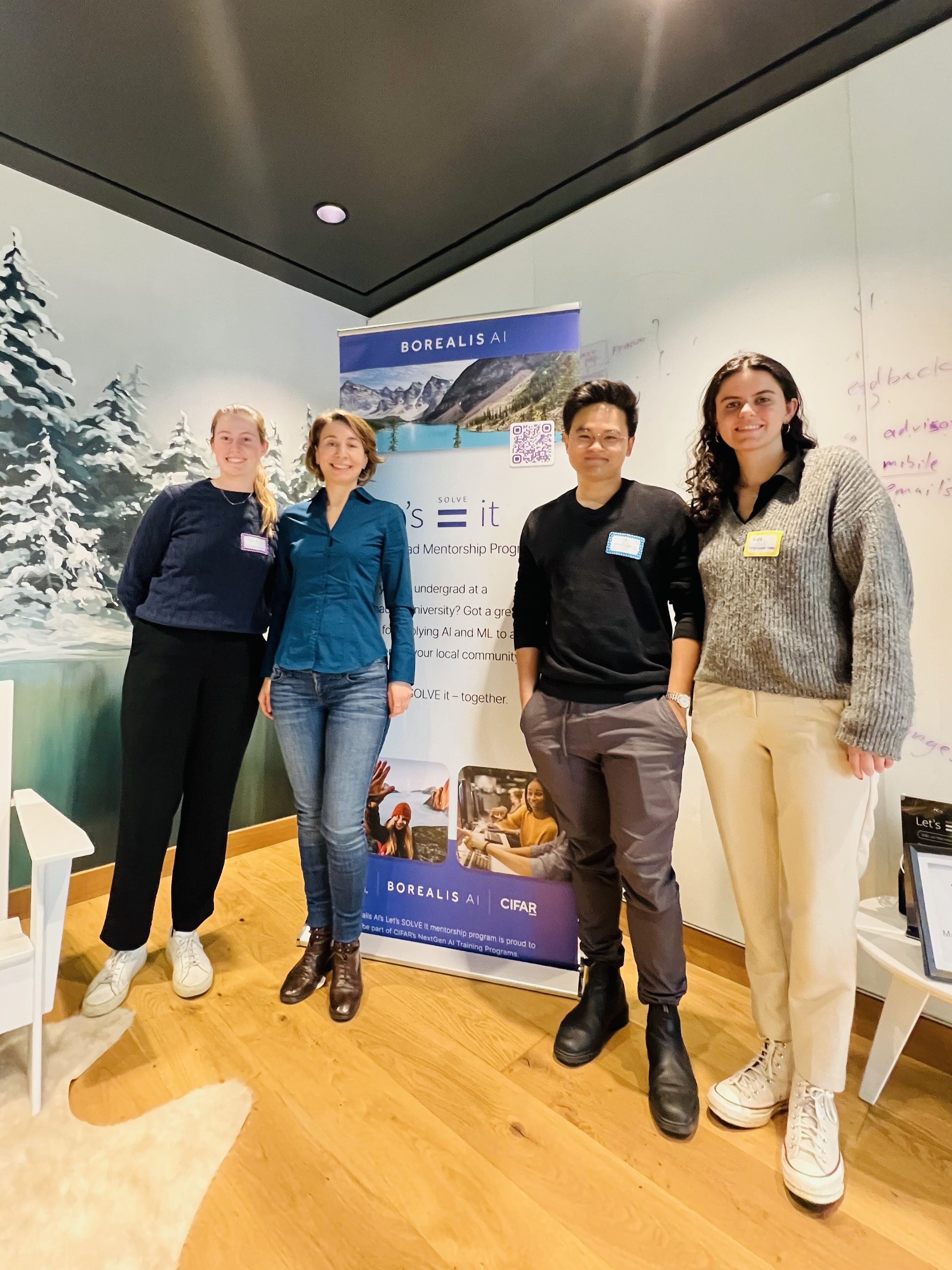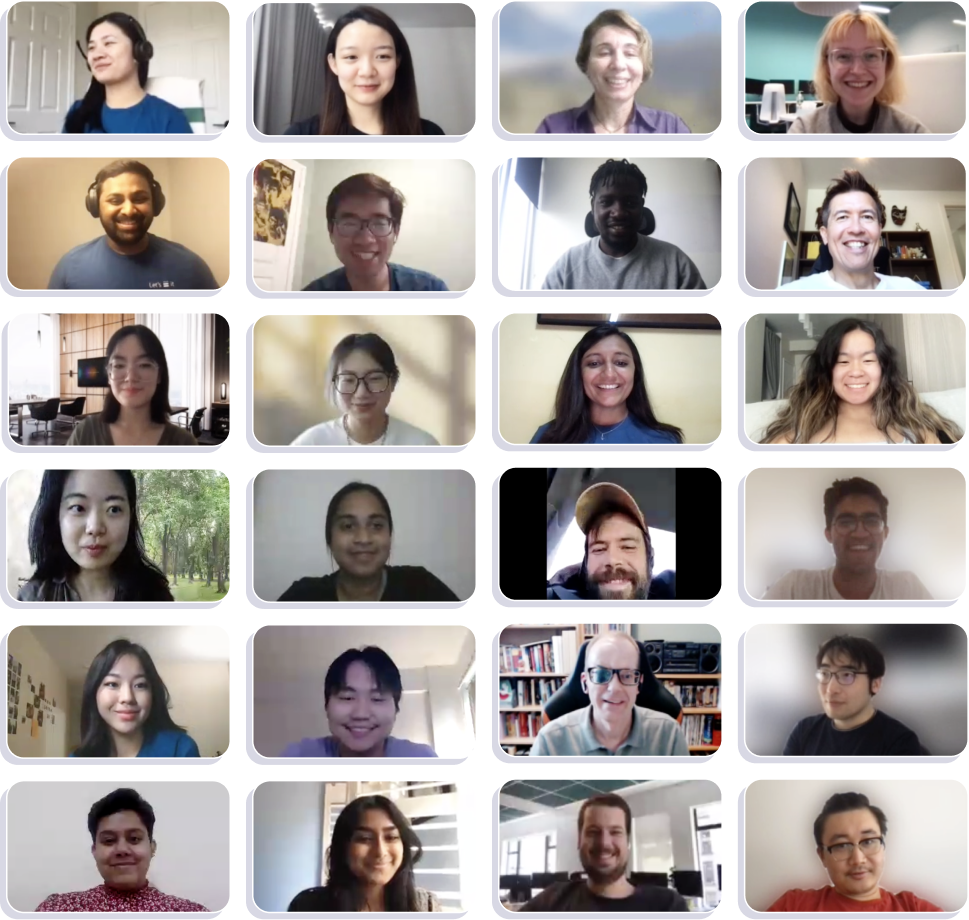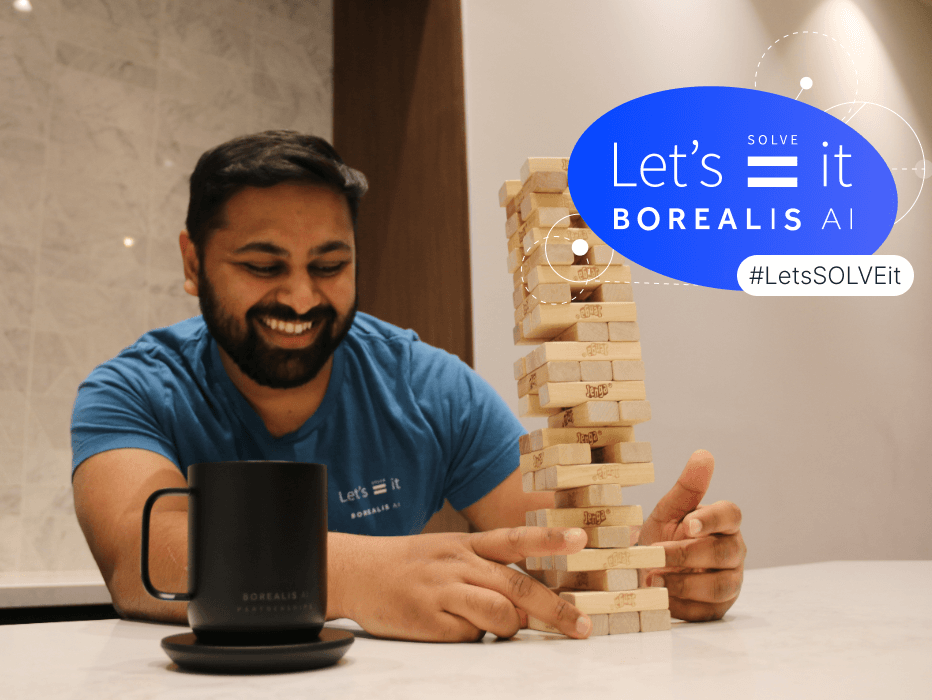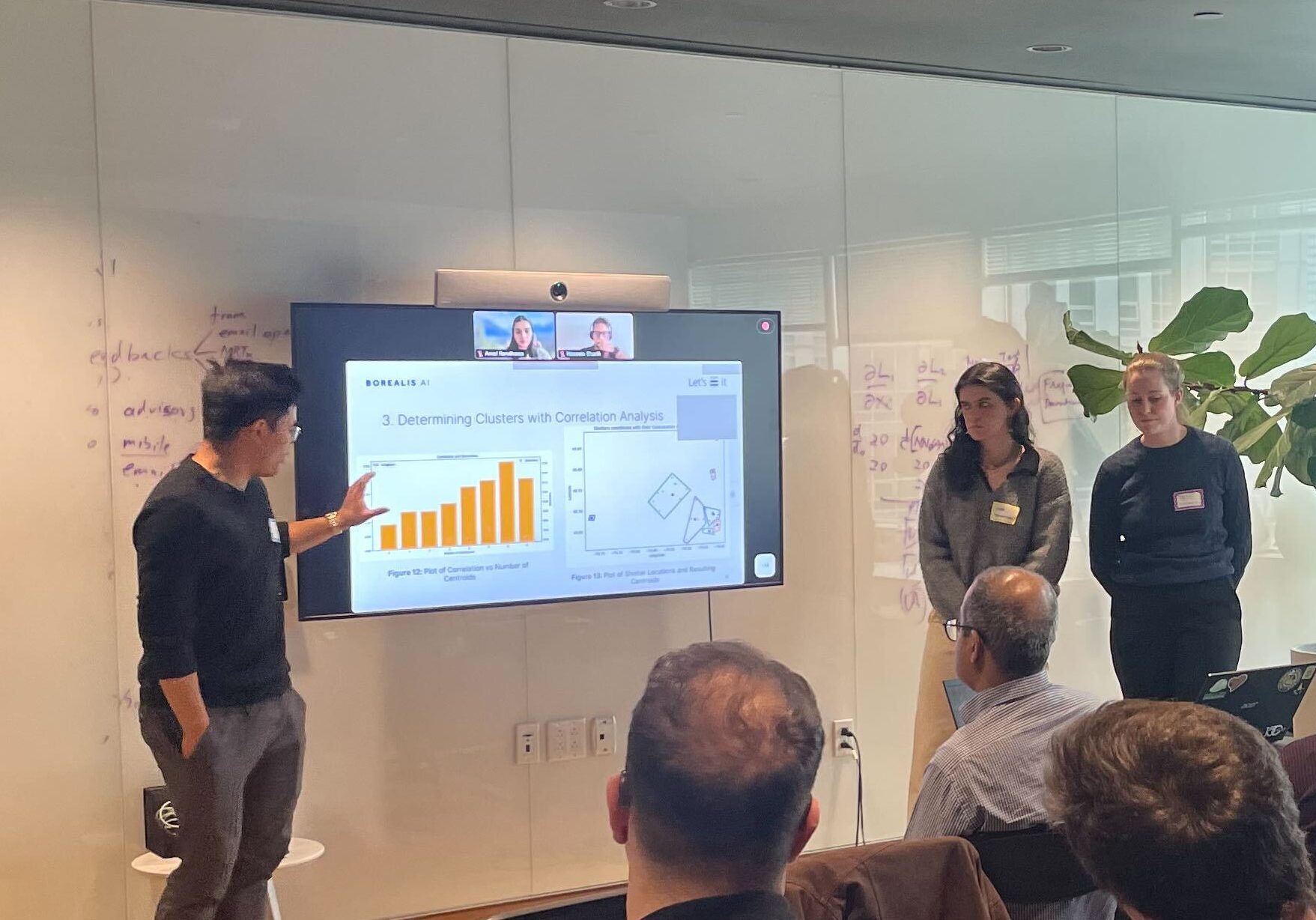
👋 Are you an undergrad at a Canadian university? Got a great idea for applying AI and ML to a problem in your local community? If so, let’s solve it – together.
Accepting Applications
The RBC Borealis Let’s SOLVE it mentorship program aims to help undergraduate students use AI to make a difference and solve real problems in their communities. You bring the idea and the team, we’ll provide the tools you need to make the project a reality.
About the program
The work that we do at RBC Borealis impacts millions of people across Canada and beyond. The AI ecosystem is growing and thriving. New and diverse perspectives, awareness of challenges specific to local communities, backgrounds, and commitment to making a difference are needed today more than ever.
Let’s SOLVE it is a RBC Borealis mentorship program that provides undergraduate students from diverse backgrounds with mentorship, contacts, training and guidance they would need to make their project a reality. Interested? All you need is a good idea, a team of peers, a strong sense of curiosity, and commitment to making a difference.
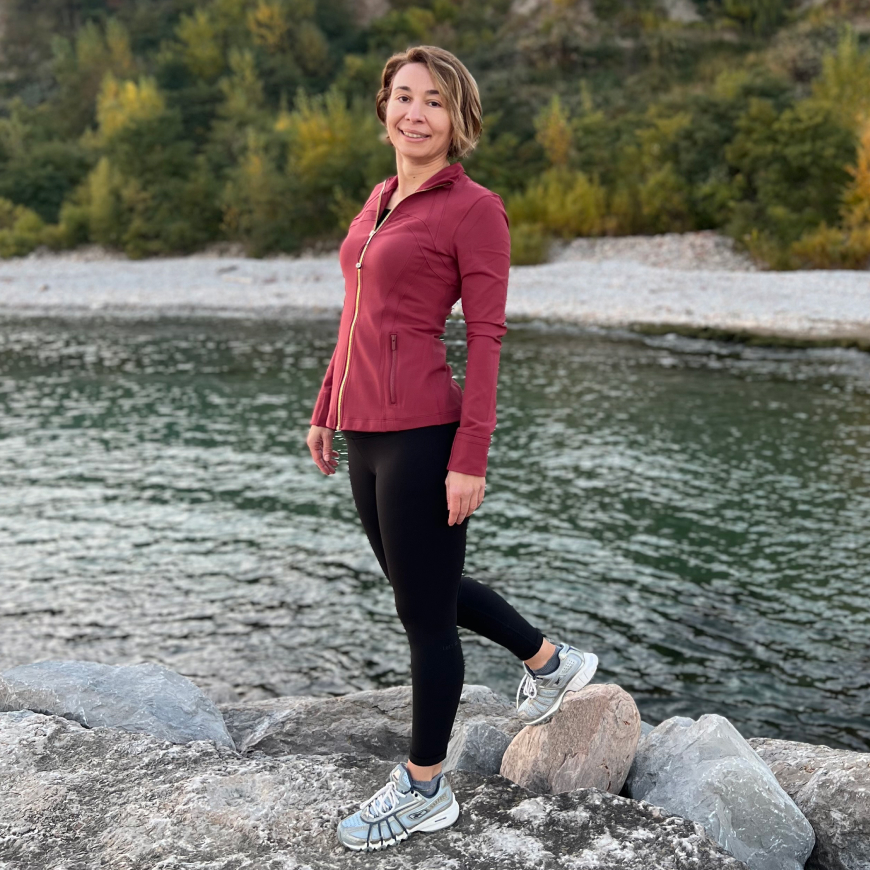
"Our Let’s SOLVE it program is part of our wider efforts to encourage and support diverse talent across the AI ecosystems. This initiative provides curious minds and raw talent with the skills, experience and contacts they require to thrive.”
Dr. Eirene Seiradaki
Director, Research Partnerships
Let’s SOLVE it Founder
Let’s SOLVE it, together
-
If you are an undergraduate student with dreams of pioneering the next game-changing community solution using AI and ML, we want to help you get there.
-
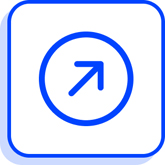
Jumpstart your career
Build connections with ML industry experts and gain valuable technical guidance and training to explore career or further studies in AI and ML.
-
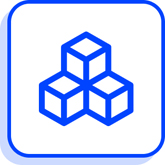
Solve real problems
Help improve your local community by creating a viable ML solution that solves a clear community problem. You will get all the support and mentorship from our team to turn your ideas into a viable proof-of-concept.
-
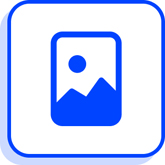
Discover how to apply AI to turn your ideas into reality
Give this semester more meaning and purpose outside of the course curriculum. We believe students can take ideas and make them happen, using cutting-edge technology and resources we can provide.
-
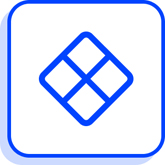
Work with a diverse cross-functional team
Get access to a diverse group of industry experts who can help you develop your idea and your skill set.
How it works
-
We are looking for teams of 3 to 5 undergraduate students with ideas on how AI / ML could be used to tackle a specific community problem. Here’s how the program works:
-
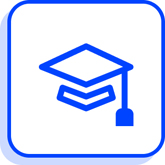
This program is open to all undergraduate students at all Canadian universities.
-
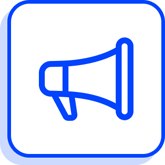
The mentorship program is free and will be conducted in a hybrid mode. With this program, we aim to support students from a diversity of backgrounds, geographic locations and universities.
-
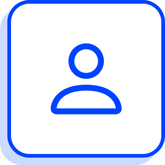
You don’t need to be enrolled in a Computer Sciences program – if team members have some basic programming knowledge, this will help; but specific experience using AI or ML isn’t necessary.
-
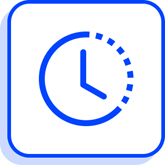
The upcoming cycle will run for two months, from March through May 2026. Applications for this cycle are now open.
Frequently asked questions
-
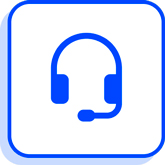
For any questions not covered by the FAQ section above, please contact info@rbcborealis.com and use the subject line “Let’s Solve it”.
News
RBC Borealis Champions Inclusion and Responsible AI at CVPR 2025, in Partnership with WiCV and Latin X in AI
News
Tackling real-world issues: Let’s SOLVE it Presentations Day Spring 2024
News
Advancing diversity and inclusion in AI
CIFAR’s Dr. Elissa Strome joined Dr. Eirene Seiradaki, Dir of Research Partnerships at RBC Borealis, to talk about the diversity gap in the AI and ML industry.
News
Inspiring Impact and Innovation: Let’s SOLVE it Presentations Day Fall 2023
As we celebrate and showcase the achievements of the Let's Solve it teams at the Fall 2023 Presentations Day, we invite you to join us in exploring the transformative power of AI to address complex societal challenges and build a better future.
News
AI as a force for good: Let’s SOLVE it Demo Day
At RBC Borealis, we firmly believe that AI can be a force for good. We showed 30 mission-oriented students at Canadian universities how to use AI to make a positive impact on their communities. The ideas they developed were inspiring.
News
Forget homework cheating: How young innovators are using AI for social good
In an age where AI has the potential to transform every element of our modern lives, teaching youth how to understand and interact with AI is more important than ever.

RBC Borealis’s Let’s SOLVE it mentorship program is proud to be part of CIFAR’s NextGen AI Training Programs. Our goal is to encourage diversity, innovation, and nurture the AI leaders of tomorrow.
Let’s SOLVE it is one of the key initiatives that RBC Borealis and RBC support, along with the RBC Borealis Fellowships program for Ph.D. students and our Internships program for post-grad students.
